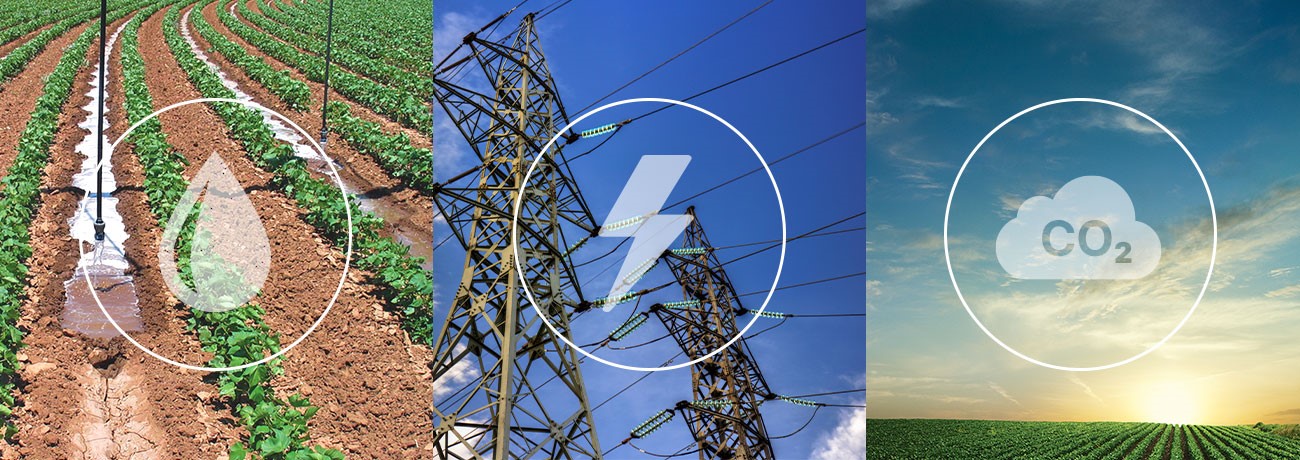Zimmatic Blog
Rooted in History, Sustainable Farming Practices Benefit Farmers and the Environment
Mar 22, 2021

Sustainability.
It’s a word we hear a lot lately, particularly when it comes to farming. While it’s most often understood as land and environmental stewardship, it also refers to the longevity of a farm - doing what it takes to ensure the farm business survives for future generations - something farmers have been focused on for decades.
“The groundwork for many of today’s sustainable practices was laid in 1935, when Congress passed the Soil Conservation Act,” said Gustavo Oberto, president of global irrigation at Lindsay. “From rotating crops to utilizing the latest technology, farmers have always played a leading role in promoting soil health, conserving water and efficiently using resources.”
A new study from the Association of Equipment Manufacturers (AEM), in partnership with the American Soybean Association, CropLife America and the National Corn Growers Association, shows precision agriculture technology plays a key role in today’s sustainability efforts. According to the study, precision ag practices can:
- Increase productivity by an estimated four percent and has the potential to further increase it by six percent with broader adoption.
- Improve fertilizer placement efficiency by an estimated seven percent and has the potential to further improve it by an additional 14 percent.
- Reduce herbicide use by an estimated nine percent and has the potential to further decrease it by 15 percent at full adoption.
- Decrease fossil fuel use by an estimated 6 percent with the potential to further decrease it by16 percent.
- Decrease water use by an estimated 4 percent with the potential to further decrease it by 21 percent at full adoption.
“At Lindsay, we have a long history of helping farmers make the most of every drop of water they use,” said Michelle Marcuzzo, software product manager at Lindsay. “Using our industry-leading FieldNET technology, farmers have the ability to make better-formed irrigation decisions - applying the right amount of water at precisely the right time.”
To date, FieldNET users around the world have saved:
- More than 189 billion gallons of water
- 543 million kilowatt-hours of electricity
- 891 million pounds of carbon dioxide
“Farmers want to leave their land better than when it was entrusted to them - and every bit of water and energy saved makes an impact,” Oberto said. “Our teams are committed to expanding the circle of innovation to give farmers the tools they need to produce more with less and to protect their operations for generations to come.”
For more information about Lindsay’s irrigation technology and our commitment to improving sustainable farming practices, visit www.lindsay.com.